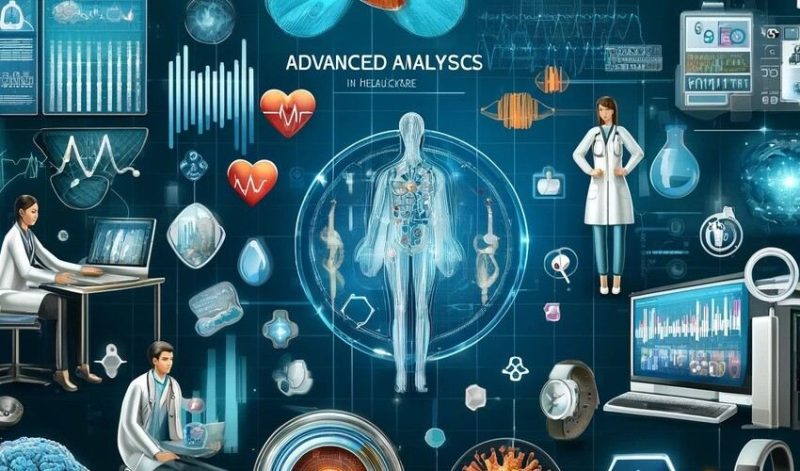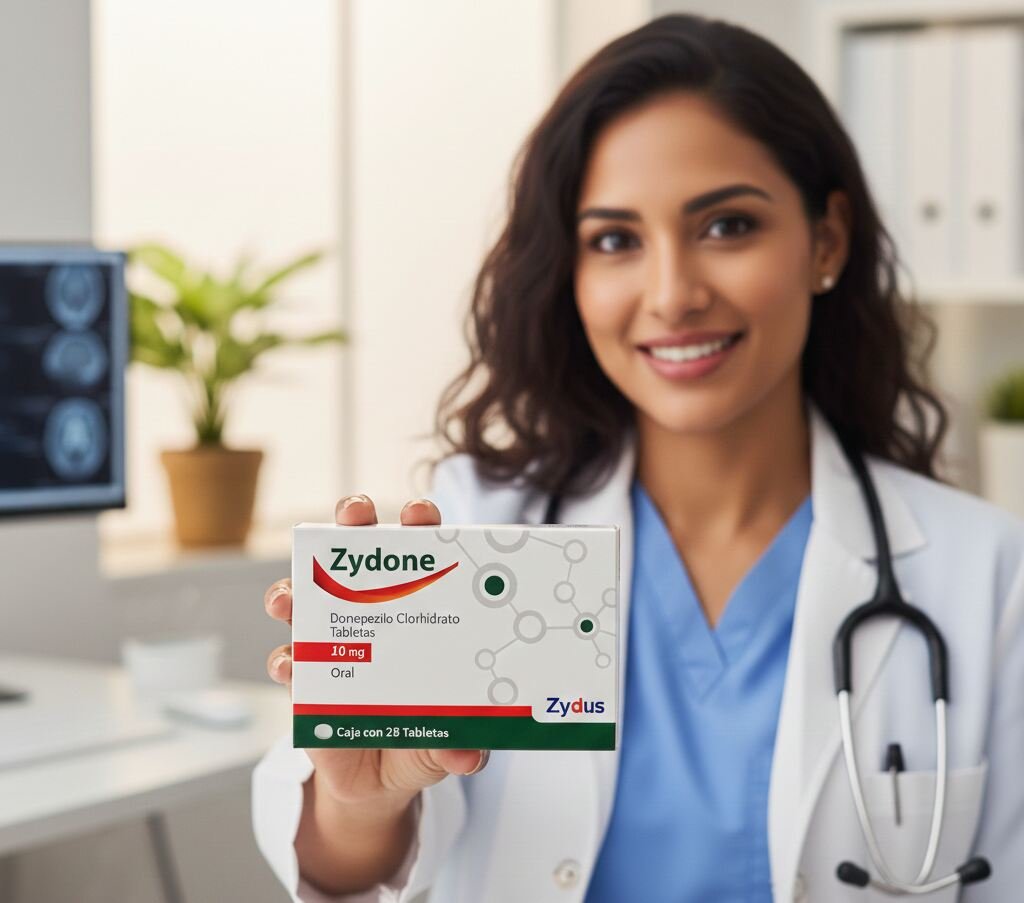The healthcare industry is rapidly evolving, driven by technological advancements that offer new opportunities to improve patient care, streamline operations, and enhance decision-making processes. Among these technological advancements, advanced analytics stands out as a transformative force. By leveraging big data, machine learning, and predictive modeling, advanced analytics in healthcare is unlocking valuable insights that were previously unattainable. This article explores the profound impact of advanced analytics on healthcare, highlighting its benefits, applications, and future potential.
The Role of Advanced Analytics in Healthcare
Advanced analytics refers to the use of sophisticated techniques and tools to analyze vast amounts of data, uncover patterns, and generate actionable insights. In healthcare, this involves integrating and analyzing data from various sources, including electronic health records (EHRs), medical imaging, genomic data, and wearable devices. The goal is to provide healthcare professionals with the information they need to make informed decisions, improve patient outcomes, and optimize operational efficiency.
Benefits of Advanced Analytics in Healthcare
1. Improved Patient Outcomes
One of the most significant benefits of advanced analytics in healthcare is its potential to improve patient outcomes. By analyzing patient data, healthcare providers can identify trends and patterns that help predict disease progression, assess risks, and tailor treatments to individual patients. This personalized approach to medicine ensures that patients receive the most effective care based on their unique health profiles.
Example: Predictive analytics can identify patients at high risk of developing chronic conditions such as diabetes or heart disease, allowing for early intervention and preventive measures.
2. Enhanced Diagnostic Accuracy
Advanced analytics can significantly enhance diagnostic accuracy by integrating and analyzing data from various diagnostic tools. Machine learning algorithms can process and interpret medical images, lab results, and other diagnostic information, assisting healthcare providers in making accurate diagnoses.
Example: AI-powered imaging tools can analyze radiology images to detect early signs of diseases such as cancer, potentially improving early detection and treatment outcomes.
3. Optimized Treatment Plans
By leveraging advanced analytics, healthcare providers can develop optimized treatment plans tailored to individual patients. This involves analyzing data on treatment efficacy, patient responses, and potential side effects to determine the best course of action.
Example: Oncology treatment plans can be personalized based on the genetic makeup of a patient’s tumor, improving the effectiveness of cancer therapies.
4. Reduced Costs
Advanced analytics can help healthcare organizations reduce costs by optimizing resource allocation, minimizing waste, and improving operational efficiency. Predictive analytics can forecast patient admission rates, enabling hospitals to manage staffing levels and resources more effectively.
Example: Predictive models can identify patients at risk of hospital readmission, allowing for targeted interventions that reduce readmission rates and associated costs.
5. Enhanced Population Health Management
Population health management involves monitoring and improving the health outcomes of specific groups of people. Advanced analytics enables healthcare providers to identify health trends within populations, implement targeted interventions, and measure the impact of these interventions over time.
Example: Public health agencies can use advanced analytics to track the spread of infectious diseases and deploy resources strategically to contain outbreaks.
Applications of Advanced Analytics in Healthcare
1. Predictive Analytics
Predictive analytics uses historical data and machine learning algorithms to forecast future events and outcomes. In healthcare, predictive analytics can be applied to various areas, including disease outbreak prediction, patient readmission risk assessment, and treatment outcome prediction.
Example: Hospitals can use predictive analytics to anticipate patient admission rates during flu season and allocate resources accordingly.
2. Clinical Decision Support
Clinical decision support systems (CDSS) leverage advanced analytics to provide healthcare professionals with evidence-based recommendations at the point of care. These systems analyze patient data and clinical guidelines to assist in diagnosis, treatment planning, and medication management.
Example: A CDSS can alert physicians to potential drug interactions based on a patient’s medication history, reducing the risk of adverse effects.
3. Genomic Data Analysis
Genomic data analysis involves studying an individual’s genetic information to understand the genetic basis of diseases and develop personalized treatment plans. Advanced analytics can process large-scale genomic data to identify genetic markers associated with specific conditions and predict patient responses to treatments.
Example: Precision medicine initiatives use genomic data to tailor cancer treatments based on the genetic mutations present in a patient’s tumor.
4. Operational Efficiency
Advanced analytics can optimize healthcare operations by analyzing data related to patient flow, resource utilization, and staff performance. This helps healthcare organizations streamline processes, reduce wait times, and improve overall efficiency.
Example: Hospitals can use advanced analytics to predict peak times in the emergency department and adjust staffing levels to ensure adequate coverage.
5. Patient Engagement and Experience
Advanced analytics can enhance patient engagement and experience by providing personalized health insights, monitoring patient adherence to treatment plans, and offering tailored health recommendations.
Example: Wearable devices collect data on physical activity, sleep patterns, and vital signs, which can be analyzed to provide personalized health tips and encourage healthy behaviors.
Future Potential of Advanced Analytics in Healthcare
The future of advanced analytics in healthcare is promising, with ongoing advancements in data science, artificial intelligence, and machine learning driving continuous innovation. As more healthcare organizations adopt advanced analytics, the potential for improved patient care, operational efficiency, and population health management will continue to grow.
1. Integration with Artificial Intelligence
The integration of advanced analytics with artificial intelligence (AI) will further enhance its capabilities, enabling more accurate predictions, faster data processing, and automated decision-making. AI-powered analytics can uncover complex patterns in data that may be missed by traditional methods, leading to more precise and personalized care.
2. Expansion of Telehealth
The rise of telehealth has accelerated the adoption of advanced analytics, as remote monitoring and virtual consultations generate vast amounts of data. Advanced analytics can process this data to provide real-time insights, improving remote patient monitoring and virtual care delivery.
3. Real-Time Analytics
Real-time analytics involves analyzing data as it is generated, providing immediate insights and enabling timely interventions. In healthcare, real-time analytics can monitor patient vital signs, detect early warning signs of deterioration, and trigger alerts for rapid response.
4. Enhanced Data Interoperability
As healthcare systems like laboratory information systems become more interconnected, the need for data interoperability grows. Advanced analytics can facilitate seamless data exchange between different healthcare systems, enabling a comprehensive view of patient health and improving care coordination
Conclusion
Advanced analytics is revolutionizing healthcare by unlocking valuable insights that drive better patient outcomes, enhance diagnostic accuracy, optimize treatment plans, and reduce costs. As the adoption of advanced analytics continues to grow, its impact on healthcare will become increasingly profound, paving the way for more personalized, efficient, and effective care. By embracing advanced analytics, healthcare organizations can navigate the complexities of modern medicine and unlock new opportunities for innovation and improvement.
Zainab Afzal is a senior SEO Consultant and Writer. She has 5+ years of experience in Digital Marketing. After completing his degree in BS computer science, she has worked with different IT companies.





